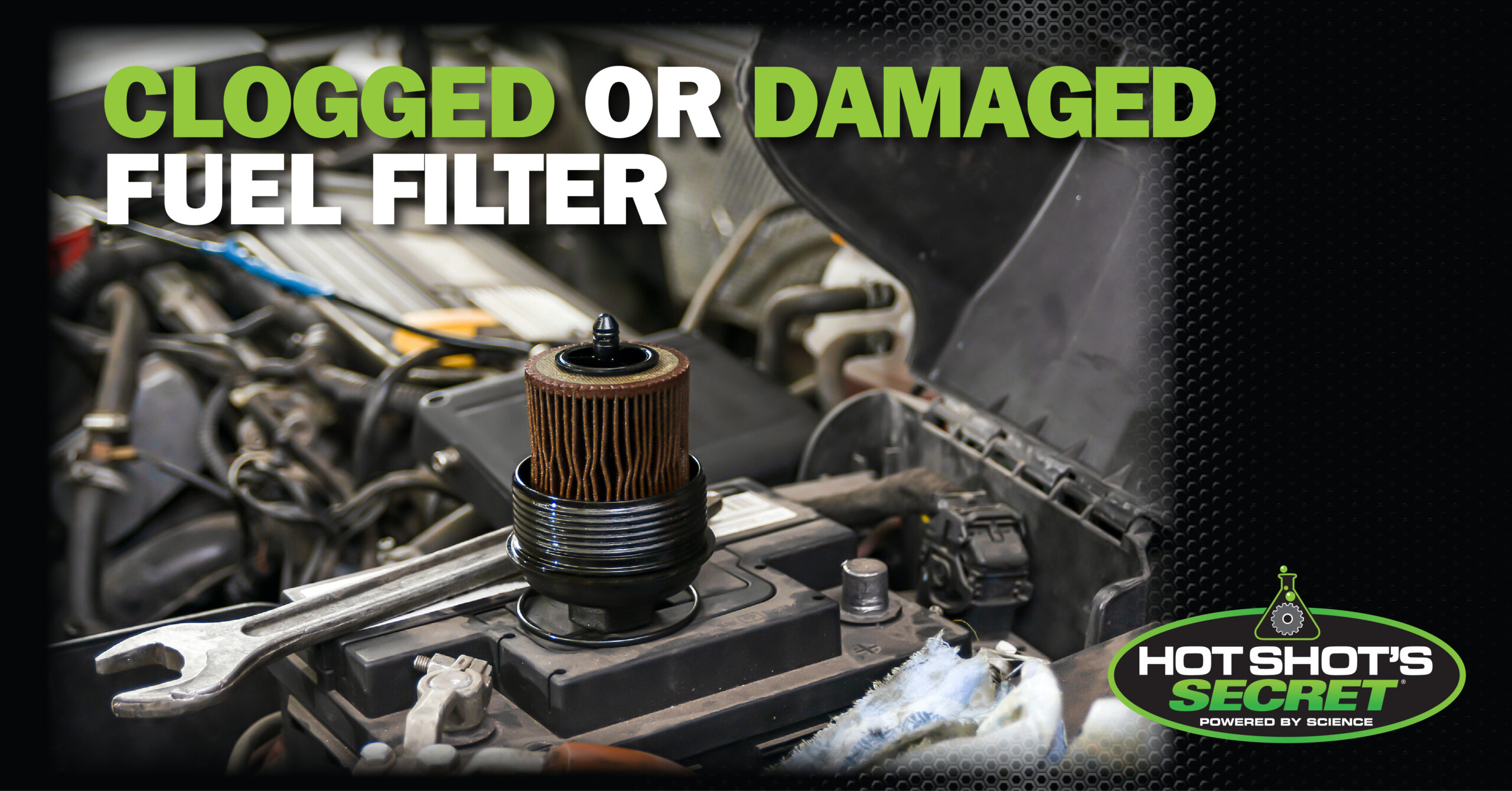
A fuel filter is essential for clean fuel and proper engine performance. This device is critical to the successful operation of your vehicle, so it’s important to understand its function and recognize when you need to replace it.
What Is the Fuel Filter?
These filters clean a vehicle’s fuel supply before it reaches the fuel injection system and engine. Every engine requires clean gasoline or diesel to run properly. However, fuel can often become polluted with impurities, including bacteria, water, rust, paint and dirt. If these materials aren’t filtered out, they can cause unnecessary wear, damage and operational issues throughout your car, truck or SUV.
Modern filters are made of plastic or metal and use filtration mediums with tight tolerances to rid fuel of impurities. You’ll usually find them along the fuel line and sometimes even within the fuel tank in some more recent car designs.
How Does a Fuel Filter Work?
A car’s fuel filter works similarly to a water or air filtration device for homes. Fuel passes through the tool’s filtration paper before being pushed into the fuel injectors. Filtration paper is often made from polymer resin-treated cellulose but can vary depending on filter and engine type.
These products rely on their filtration papers to collect and remove contaminants from the fuel. Most filters are given micron ratings, ranging from 10 to 30 microns, with one micron equivalent to a thousandth of a millimeter. The smaller the micron number, the more particulates a filter can extract from the fuel.
Over time, you should replace diesel and car fuel filters to ensure they are in tip-top condition to clean your fuel. Professionals recommend a fuel filter replacement every two years or 20,000 to 30,000 miles. Make sure to understand your manufacturer’s recommended replacement schedule to get a better idea of your vehicle’s specific requirements.
Symptoms of a Clogged or Damaged Fuel Filter
Staying on top of the condition of your fuel filter is essential to ensuring your vehicle operates safely and efficiently. Fuel filters can clog over time and interrupt fuel flow, reducing the amount of fuel that reaches the engine and increasing the workload of your fuel pump.
Some signs that you may need a fuel filter replacement include:
- Longer or difficult starting
- Frequent stalling
- Low fuel pressure
- Poor mileage
- Check engine light
- Rough idling
- Misfires
Diesel vs. Gas Car Fuel Filter
Despite being responsible for the same job, diesel and gas fuel filters differ in their configuration. Diesel fuel often has more impurities than gasoline, such as water and asphaltenes. Because of this, diesel filtration systems often come in two parts. A primary and a secondary filter ensure the engine burns only the cleanest fuel.
The role of the primary filter is to remove larger particles, typically bigger than 10 microns in size. The second filter is located near the engine, after the fuel transfer pump, and catches anything too small that the first filter could not collect before the fuel enters the fuel injectors. These filters are larger and have a bowl-like design to catch and remove water. You may have to change your diesel fuel filters more often than a gasoline filter due to the increased presence of impurities.
Gasoline engines require fewer fuel filters. However, impurities like rust, paint and dirt still need to be filtered out to protect the engine’s integrity. Many automobiles have a fuel filter that consists of a metal or plastic canister-shaped body with a filtration component inside. These types require complete replacement when they’ve reached the end of their life.
More modern automobiles with gas engines are being designed with fuel filters mounted within the gas tank. Because of their location, these filters are often more challenging to replace at home. Other possible configurations of fuel filters within gasoline cars and trucks include:
- Cartridge fuel filter
- Spin-on fuel filter
- Inline fuel filter
How Much Does a Fuel Filter Replacement Cost?
If you have some knowledge of cars, you’ll probably be able to replace your fuel filter quite easily unless it happens to be located in your fuel tank. In that case, you should take it to a professional. Don’t worry if you have a diesel car or truck, as it costs about the same to replace a diesel fuel filter as a gasoline filter.
Typically, you can expect a DIY replacement to cost around $20 to $80, depending on the type of filter you purchase. Enlisting a mechanic’s help could cost you upward of $200 with parts and labor included.
Improve Your Diesel With Hot Shot’s Secret Products
At Hot Shot’s Secret, we understand how important keeping your fuel system clean is for the successful operation of your vehicle. That is why we have created our extensive fuel additive line to keep your engine spotless. Whether you have a gasoline or diesel fuel filter, we provide solutions you can count on, including our popular Everyday Diesel Treatment.
Check out our selection and purchase your fuel additive or another product today. You can also contact us online for more information about our offerings.
